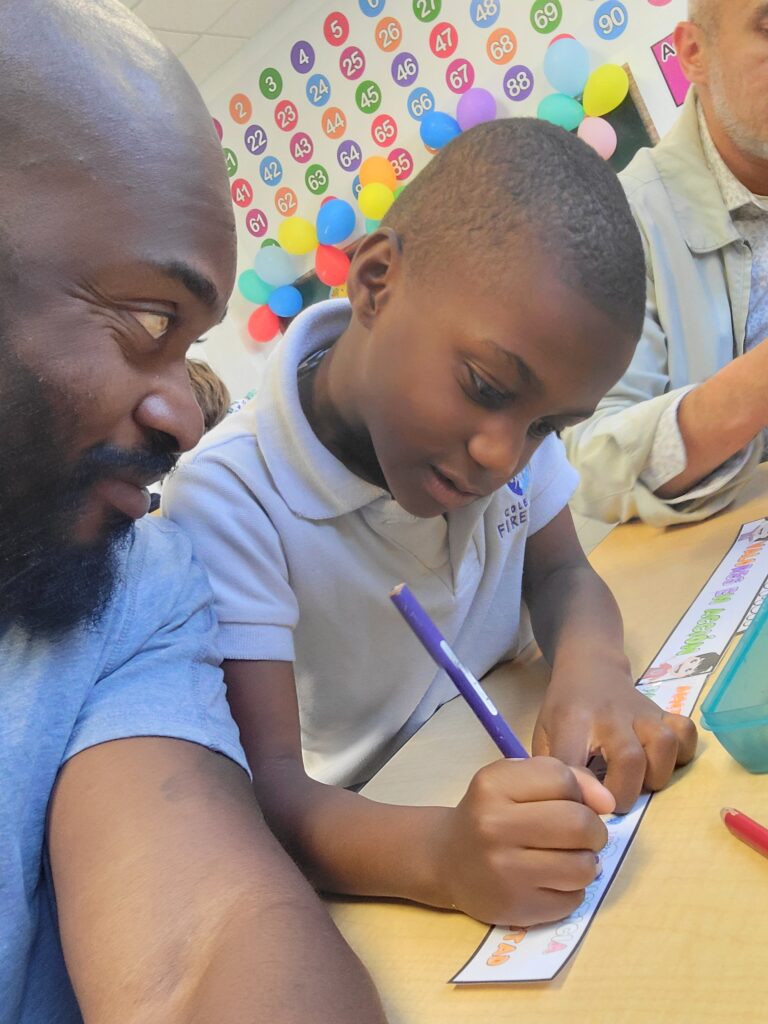I am a strong believer in the Psalm (it goes something like this): “Teach a child from a young age, and it will not depart from them.” Of course, that is not verbatim, but you get the gist.
This applies to everything we teach our children, including being financially capable of rolling with the punches, especially when they are older and on their own. Even at a young age, teaching my boys about saving, spending, and investing is a smart move on my part.
They won’t get all of it, but it’s a start.
Let’s take a look at the 15 things that will affect their financial futures.

1. There’s Nothing Wrong with Hand-Me-Downs
I was never able to get hand-me-downs as a kid—not because I was the youngest of all girls. But starting children off at a young age will make it feel normal as they grow.
Getting second-hand clothing or toys from older siblings or from a thrift shop is a great way to save money.
In a world where consumerism can often overshadow practicality, teaching our kids the value of hand-me-downs offers both financial and emotional lessons.
2. Teach Them How to Share
Children are born with the natural, innate feeling that everything is “mine.” Weaning them from this bad habit will pay off financially in years to come.
It may be something as simple as using a car-sharing service when going to an event or splitting the cost of a snow blower. Sharing will save them money throughout their lives.
How to Raise a Bilingual Child Overseas
3. Teach Them How to Save Some of Their Income
When my son cleans his Grammy’s office and gets $50, it doesn’t mean he can spend all of it. I have him put $20 aside for safekeeping—aka saving—and spend the rest as he pleases.
Learning this from a young age will more than likely help avoid falling into debt later on.
4. Teach Them to Cook
Groceries will no doubt be one of the biggest budgeting hassles, not even counting eating out at restaurants or fast food spots. Investing in tools like slow cookers and microwaves will save a bundle.
As an adult, there is no reason not to learn the basics of cooking—it is a fundamental skill for staying alive. But I skipped ahead a few years. It’s always good to have little ones learning from us in the kitchen as much as possible or even helping out.
Teach Your Kids How to Cook by Age

5. Do every job well.
My dad was never in the army, but this is one thing he drilled into me: “Whatever you do, do it to the best of your ability.” That lesson still sticks with me to this day.
This means they can keep a job or have a long-term career. Their future selves will thank them.
6. Teach Them Patience
Patience isn’t just a virtue; it’s a superpower in today’s fast-paced world. When a child is three or four years old and crying, “I want it now!” it is kind of amusing.
Not so much when they are 30 years old and buying stuff they don’t need or paying twice the price for things they do need.
7. Teach Them How to Wait
Imagine your younger self buying cryptocurrency or investing in stocks and expecting to double or triple your money overnight. Knowing how to wait helps avoid financial scams.
8. Teach Them About Self-Entertainment
I never liked video games or card games, so buying a PS5 was never an option for me. Children can have just as much fun making up games instead of opting for more expensive alternatives.
They’ll learn to avoid expensive vacations and shopping as adults.
Activities to Keep Kids Busy While You Work or Study.

9. Teach Them to Accept “No” for an Answer
As adults, we hear the word “no” more than we’d like to admit. We hear “no” for jobs, car loans, house loans, and so on.
When they get older and hear “no” and throw a tantrum like a three-year-old, it will only make things worse.
10. Teach Them About Volunteering
Living in Mexico, we were introduced by some other expats to a weekly meet-up where we fed, clothed, and built better living accommodations for those in need. Every Saturday, we either went to church or did whatever needed to be done.
Volunteering is the right thing to do. It sets an example for our kids and gives them a glimpse of how others live, helping them appreciate what they have. When times get hard financially, they’ll know how to cope and understand that others are in similar situations.
Volunteering: Making a Difference by Helping Others
11. Teach Them to Lose Gracefully
As adults, there will always be someone with more than us. Another wise proverb from the best dad: “Never be jealous of other people; you never know what they did to get what they have.” Those words have given me a lot of perspective over the years.
The last thing we want is for our children to play “catch up with the Joneses” and end up in financial ruin because of it.
12. Teach Them About Problem-Solving
As they grow up, solving issues will be a regular occurrence. Just like in any other aspect of life, financial problems will need attention. They will need to figure out what needs to be adjusted.
Knowing how to handle situations will make life easier for them.
How To Teach Financial Literacy To Our Children

13. Teach Them About Compound Interest
Teach them how their money can make more money over a lifetime. You can build a fortune with a little self-control. Compound interest can set them up for life.
14. Teach Them How Credit Works
They’ll need to understand that when making a big investment, their credit score will determine not just their ability to borrow but also the cost of borrowing. Learning how to leverage credit cards wisely will give them an advantage.
Imagine you borrow $100 from me, and I say you can pay it back next month. But if you don’t, I’ll charge you an extra $10 each month you delay. Would you still want to borrow?
There are many lessons to be learned.
15. Teach Them How to Budget
Everything we’ve talked about today comes down to budgeting. It is one of the hardest disciplines to master, yet one of the most essential. It means putting money aside for a rainy day—before or after paying the bills you want to and even the ones you don’t. But it must be done.
As parents, we have countless lessons to pass on to our children. Sometimes they’ll get it right, and sometimes they’ll ask us for advice, and we will always be there, ready to help.
Let me know what I’ve missed of this list, and don’t forget to subscribe to be the first to get the hottest articles right off the press.







3 Comments
Comments are closed.